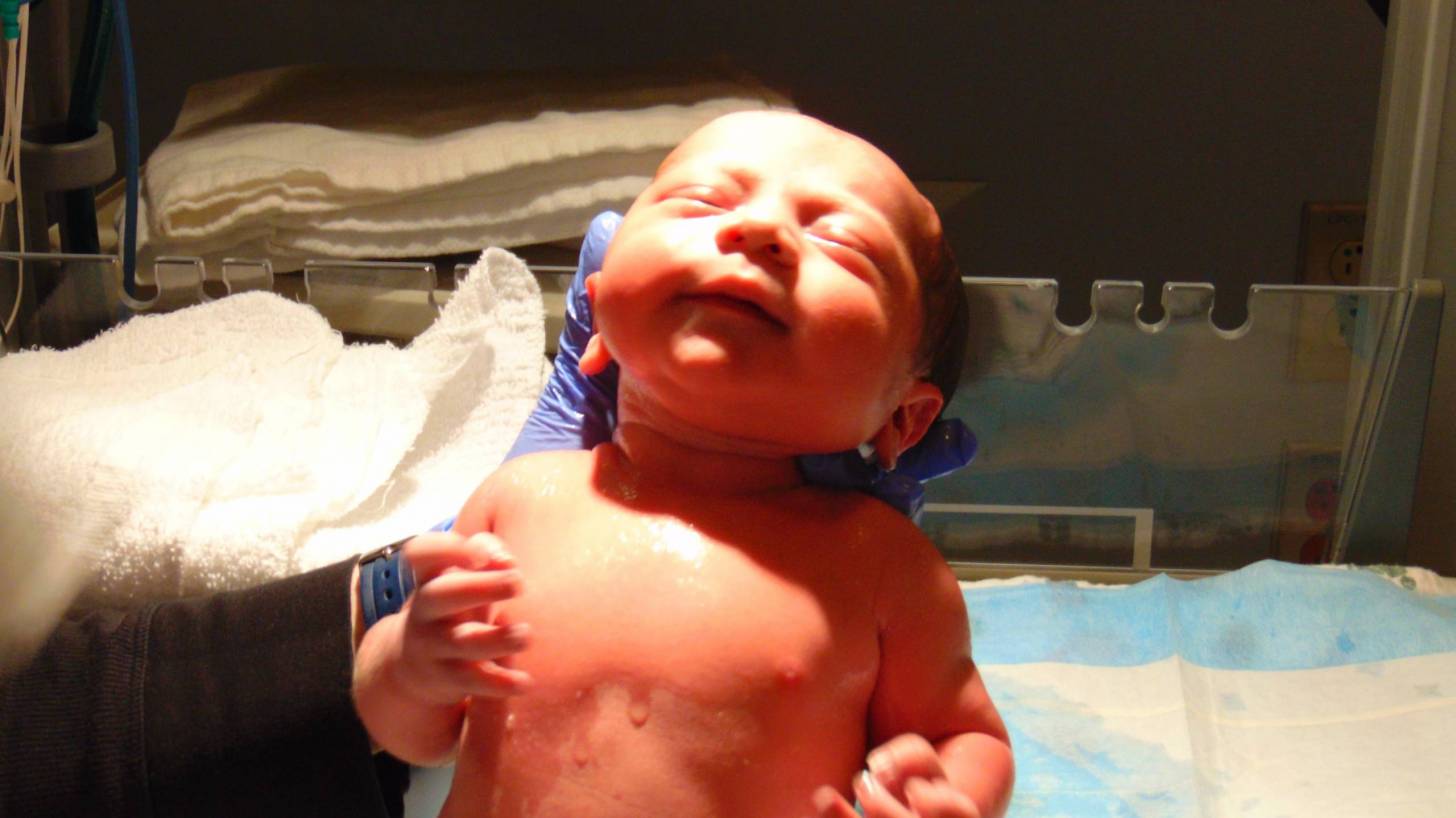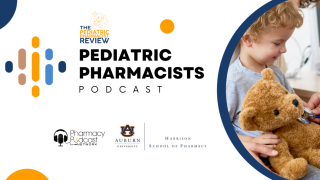Baby’s Brain Unharmed by SARS-CoV-2 Infection

Two years into the COVID-19 pandemic, there is evidence that pregnant women are more vulnerable to the SARS-CoV-2 coronavirus that causes COVID-19.
However, little is known about the possible consequences for an unborn child if the mother is infected with SARS-CoV-2 during pregnancy.
And the likelihood and impact of vertical transmission, meaning the passage of the virus from the mother to the fetus, remains unclear.
Sophia Stöcklein, M.D., from the Department of Radiology at the Ludwig Maximilian University of Munich, in Germany, and colleagues used fetal MRI to study thirty-three women with COVID-19 infection during pregnancy.
The women were roughly 28 weeks into their pregnancies, on average, with symptom onset occurring at a mean of just over 18 weeks into the pregnancy.
The most common maternal symptoms were loss or a reduced sense of smell and taste, dry cough, fever, and shortness of breath.
Two board-certified radiologists with several years of experience in fetal MRI evaluated the scans. They found that the brain development in the assessed areas was age-appropriate in all fetuses.
Moreover, there were no findings indicative of infection of the fetal brain.
“Women infected with SARS-CoV-2 during pregnancy are concerned that the virus may affect the development of their unborn child, as is the case with some other viral infections,” said senior study author Sophia Stöcklein, M.D., from the Department of Radiology at the Ludwig Maximilian University of Munich, in Germany, in a press release issued on November 30, 2021.
“So far, although there are a few reports of vertical transmission to the fetus, the exact risk and impact remain largely unclear.”
“Our study aimed to fill this gap in knowledge regarding the impact of a maternal SARS-CoV-2 infection on fetal brain development.”
“In our study, there was no evidence that a maternal SARS-CoV-2 infection has any effect on the brain development of the unborn child,” Dr. Stöcklein said.
“This fact should help to reassure affected parents.”
Dr. Stöcklein cautioned that only mothers with mild to moderate symptoms and without hospitalization were included in the study.
“Since the impact of severe infection on brain development in the fetus has not been conclusively determined, active protection against SARS-CoV-2 infection during pregnancy remains important,” she said.
“So far, vaccination is the most promising protection against COVID-19,” Dr. Stöcklein said.
“Any potential side effects are manageable, even in pregnant women. Therefore, despite the encouraging results of our study, pregnant women should strongly consider vaccination.”
The researchers will be following the patients over the next five years, including detailed neonatal assessment and assessment of neurological development.
Co-authors are Olaf Dietrich, Ph.D., Andreas Flemmer, M.D., Julien Dinkel, M.D., Nicola Fink, Vanessa Koliogiannis, M.D., Christoph Hubener, M.D., Tobias Prester, Maria Delius, M.D., M.P.H., Thomas Kolben, and Sven Mahner, M.D. No conflicts of interest were disclosed.
Our Trust Standards: Medical Advisory Committee
























